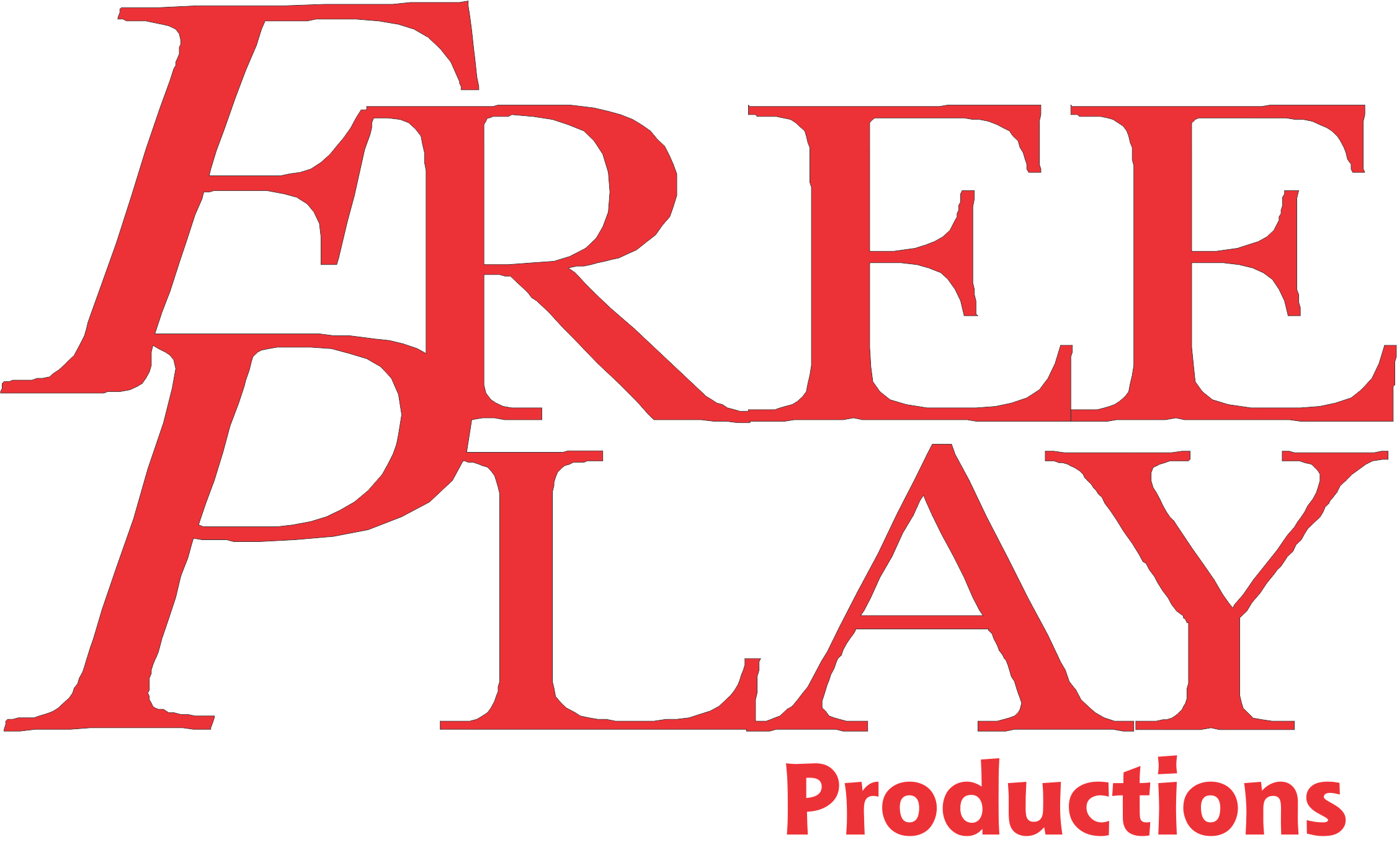

|
12 March 1999 |
I am one of innumerable musicians who was befriended and helped by Yehudi Menuhin, who passed away last night. He was not just a brilliant musician, but a unique and amazing human being.
We met at a concert some 20 years ago in the Bay Area. I just wanted to shake hands with the living legend. I told him I did solo improvisation concerts on violin, viola, and electric violin. He said, "Come up to my hotel room tomorrow night and play for me." I spent 24 hours in sheer terror, practicing and pacing. When I showed up, I found not only a master artist who encouraged my musical explorations, but an inquisitive and playful person. He taught with modestly understated but powerful hints and suggestions of new ideas and techniques I might try. We spent hours talking music, politics, psychology, literature, and had the pleasure of continuing the conversation on many other occasions.
Over the next few years I occasionally gave classes at his school in England, and found a group of youngsters who, like Yehudi, were well rounded, happy human beings as well as being gifted musicians. The pressures on talented youth to become competitive and single-minded at the expense of other dimensions of their humanity are immense. Each one was encouraged to develop in his or her own direction, and to nurture their talent as something precious and unique.
I remember a story told me with horror and admiration by our mutual friend, the New York violin dealer Jacques Francais. He once saw Yehudi strolling down the platform of an Italian train station. Yehudi had a double violin case containing a Strad and a Guarneri - many millions of dollars worth of violins - balanced on his head! Yehudi was a small, slight man who was constantly practicing yoga, saw spiritual body disciplines as an essential component of being a musician. Music of course is a physical sport as well as a spiritual one. His violin yoga was one sign of his mastery and confidence; he was a person blessed with spectacular grace, spectacular intelligence, willingness to try new things, willingness to explore and stretch. He championed the work of living composers. It was Menuhin along with the Beatles who helped bring Indian music to the West in the 1960’s.
In our country’s debates on public policy, we tend to think of the arts as a mere decoration or frill, some sort of frosting on the cake of life. But this is not so. The need for spiritual expression is basic to human existence, like the need to eat and the need to learn. The arts, whether classical or experimental, whether from our culture or from others, provide an essential nourishment without which we are not living but merely surviving. Yehudi Menuhin tried to help people create and sustain this nourishment in every way he could. Menuhin, like the great cellist Pablo Casals, believed that music was not simply an exercise of talent to impress or even emotionally move an audience. Music can be a force for making better human beings, a force for peace and life.
Unlike many people who are very famous, Yehudi had the capacity and willingness to relate to people without setting up barriers. He might have just a minute of his precious time for you, but could pay such complete and mindful attention in that minute that something significant could transpire. I came to him with an unconventional art form, with no credentials in the official music world, yet he was ready to provide support and encouragement that sustained me. And there were so many of us who owed him this kind of debt. Such debts, of course, cannot be paid back to the person who helped one. They must be paid forward, to others whom we in our turn can help and encourage. Thus the eternal cycle of spiritual gifts rolls on.
www.freeplay.com